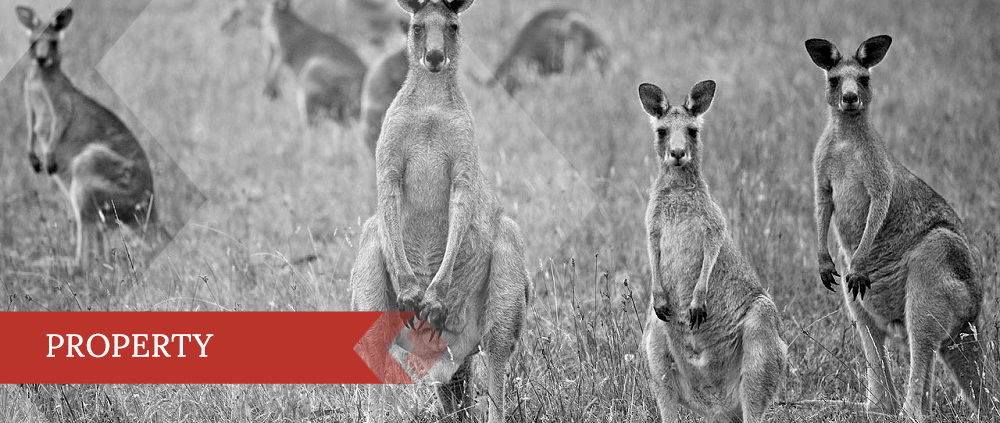Foreigners buying homes in Sydney will face a new property tax from next week when New South Wales becomes the second state in Australia to impose such a duty as soaring demand from China helps drive record prices.
Australia’s most populous state plans to introduce a 4 per cent stamp duty surcharge from June 21 and from next year a 0.75 per cent land tax surcharge on foreign purchasers, New South Wales Treasurer Gladys Berejiklian said in an e-mailed statement on Tuesday (June 14).
The measure, which comes on top of stamp duty that applies to all buyers, is expected to raise more than A$1 billion (A$1 billion) over four years.
Purchases by foreigners, many with a connection to China, have helped Sydney’s median dwelling value to almost double since the end of 2008, according to CoreLogic Inc., triggering community concerns that locals are being priced out of the market.
The increase also follows a clampdown on home loans to foreigners by the largest banks amid concerns overseas buyers may be inflating a bubble in the property market.
“For foreign investors, the motivation is fairly long-term and as such the new stamp duty surcharge isn’t likely to be a major impediment as the tax is already north of 10 percent in some parts of the world,” Mr Tony Sherlock, a Sydney-based analyst at Morningstar Inc., said by phone.
“For the state government, there is an element of a money grab plus the opportunity to generate some amount of political goodwill.”
Mr Sherlock estimates the annual land tax surcharge will have a bigger impact on foreigners who buy to rent out the properties as it will eat into yields that are already at record lows. Sydney homes had a gross yield of 3 per cent, while units returned 4 percent, both an all-time low, according to CoreLogic.
For a story on property measures in Hong Kong, click here.
Home buyers in New South Wales currently pay A$40,490 in stamp duty on a property worth more than A$1 million, plus 4.5 per cent of the value above A$1 million, according to the New South Wales government website.
Hong Kong introduced an additional 15 per cent tax on purchases by non-residents and companies in 2012 in response to overwhelming demand from Chinese buyers. Singapore followed a year later by increasing the additional tax on foreigners to 15 percent from 10 percent on top of the basic buyer’s 3 per cent stamp duty rate.
Australia’s Victoria state, which has Melbourne as its capital, will increase the stamp duty surcharge for foreign buyers to 7 per cent from 3 per cent from July 1, the government said in April. The median dwelling price in Melbourne has climbed 60 per cent since the end of 2008, according to CoreLogic.
For a story on Australian banks tightening mortgages to foreigners, click here.
Chinese spending on Australian residential and commercial real estate rose to A$24.3 billion in the 12 months through June 2015, up from A$12.4 billion a year earlier and A$5.9 billion in 2013, according to the Foreign Investment Review Board’s annual report.
The Reserve Bank of Australia in its semi-annual assessment of the nation’s financial system in April warned buying of Australian homes by Chinese posed an “indirect risk”.
The four-largest lenders in the country – Australia & New Zealand Banking Group Ltd., Commonwealth Bank of Australia, National Australia Bank Ltd. and Westpac Banking Corp. – in April tightened funding to overseas customers. The lenders notified mortgage brokers they won’t accept foreign-currency income of temporary Australian residents and also reduced the maximum amount such clients could borrow.
The changes were put in place as ANZ and Westpac uncovered mortgages backed by questionable overseas-income documentation.
SOURCE: Straits Times



